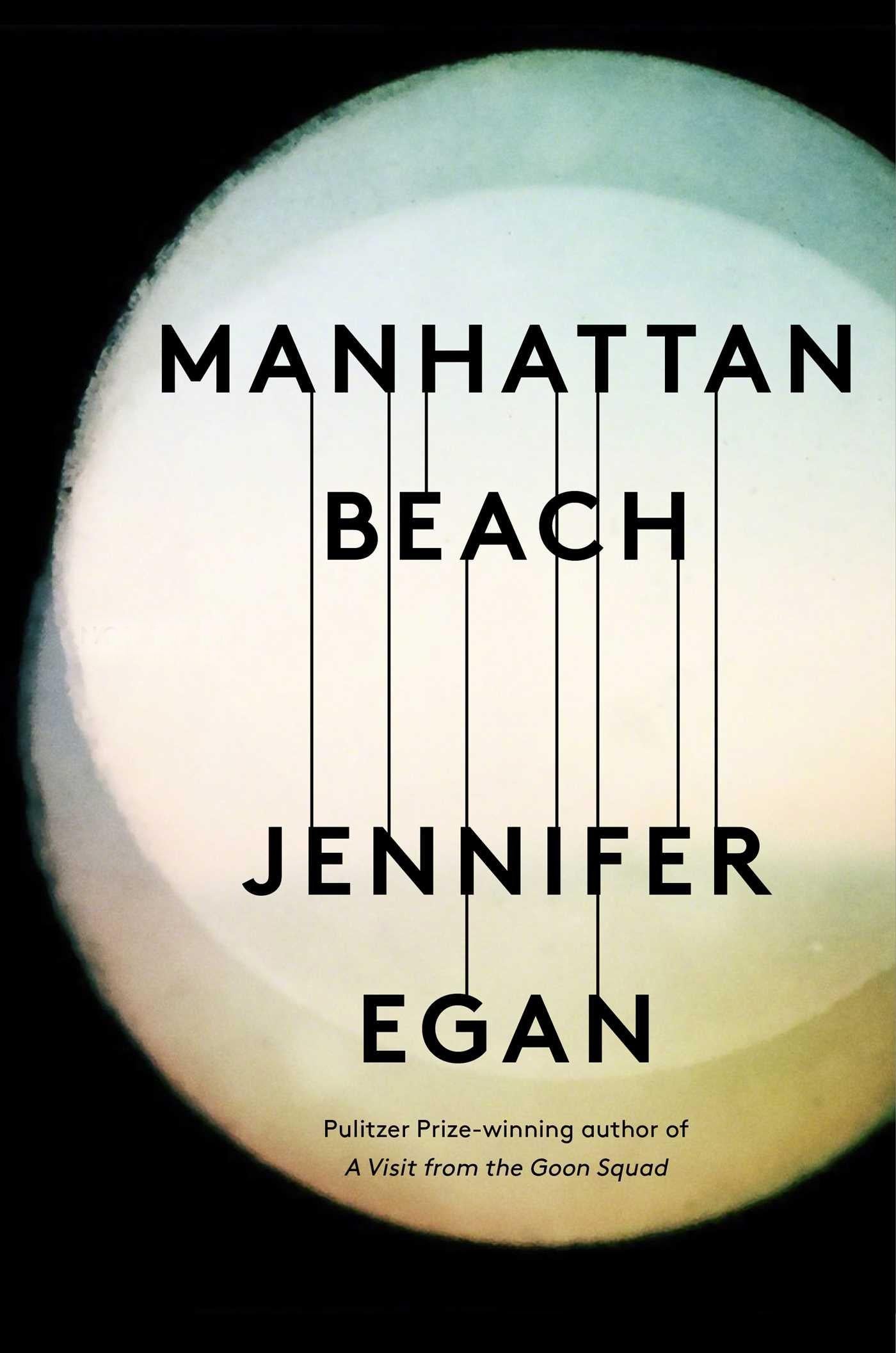Manhattan Beach, Jennifer Egan, review: a genuinely affecting slow-burner
Having won the Pulitzer for her last novel, the tricksy post-modern A Visit from the Goon Squad, Jennifer Egan is back with a father-daughter tale that plumbs greater emotional depths

Your support helps us to tell the story
From reproductive rights to climate change to Big Tech, The Independent is on the ground when the story is developing. Whether it's investigating the financials of Elon Musk's pro-Trump PAC or producing our latest documentary, 'The A Word', which shines a light on the American women fighting for reproductive rights, we know how important it is to parse out the facts from the messaging.
At such a critical moment in US history, we need reporters on the ground. Your donation allows us to keep sending journalists to speak to both sides of the story.
The Independent is trusted by Americans across the entire political spectrum. And unlike many other quality news outlets, we choose not to lock Americans out of our reporting and analysis with paywalls. We believe quality journalism should be available to everyone, paid for by those who can afford it.
Your support makes all the difference.In his recent Nobel acceptance speech, Bob Dylan made a simple but important point that art’s function – for him, but perhaps more generally – is primarily to move people.
I kept coming back to this remark while reading the fifth novel by Jennifer Egan, whose fourth, A Visit from the Goon Squad, won the Pulitzer six years ago. Drawn to her fiction on the basis of that award, I found her work gifted but frustrating, oscillating between an urge for unearned poignancy or a ducking into hip playfulness.
Her debut, 1995’s The Invisible Circus, about a teenager haunted by the suicide of her Sixties-radical sister, and who retraces her doomed trip across Europe, is a rather earnest coming-of-age tale, which was adapted into a sudsy, cod-spiritual Hollywood schlocker with Cameron Diaz. The tricksy Goon Squad, which follows a number of characters working in the US music industry over a number of decades, ditches the sincerity for something much wittier, but with a self-conscious postmodernity that sometimes ill-serves its characters.
The poignancy/postmodernity conundrum is also apparent in some of her short fiction, but with this historical novel, the hardiness of a good old-fashioned plot allows the reader to be genuinely affected by the protagonists’ plights. Its heroine, Anna Kerrigan, is the child of a mid-level bagman in Depression-era Brooklyn, who is both intimately drawn into her father’s world, and then cast adrift in it after one day he doesn’t return home from work.
Fascinated by her vanished father’s dealings in the underworld of New York’s waterfront, Anna takes a job in the Brooklyn Naval Yard as the Second World War breaks out, and improbably – but convincingly – becomes a deep-sea diver, the old kind with 200-pound copper suits, repairing ships. At the same time she delves into her father’s past and begins to fathom what happened to him.
The maritime experiences of both father and daughter are often beautifully rendered, but it’s their relationship that elevates this novel above Egan’s earlier books. Their dynamic has the kind of dark push and pull of Mad Men’s Don Draper, and his fascinating existential foil, Sally. Anna’s abandonment and her father’s final redemption provide a kind of mythic heft. Both characters are put through separate baptisms of fire – one erotic, one martial – that are drawn with a muscular lyricism and operatic grandeur.
Egan has talked of The Sopranos, that fantastically subversive portrait of familial dysfunction, as an inspiration for her fiction. As with some of the most compelling stories, this one is about the ties of kinship, and the shifting, irrevocable hall of mirrors that emerge between parents and children. It’s a slow-burner, but genuinely affecting and handsomely constructed. It moves for all the right reasons.
Manhattan Beach by Jennifer Egan, published by Little, Brown (£16.99)
Join our commenting forum
Join thought-provoking conversations, follow other Independent readers and see their replies
0Comments